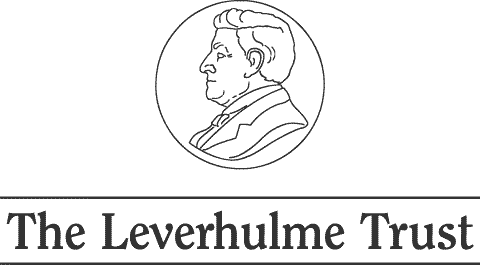To search the RPR site click here
The sale on 21 March 1877 was described in its frontispiece as
'A [sale] catalogue of some select antiquities from Cyprus, Attica, Cilicia, Italy, Boeotia &c including three very important and valuable Roman bronzes, green glass with fine iridescence, terra-cottas, Cypriote figurines &c of fine style and preservation; fictile vases, small bronzes, greaves, sword, rings, ear-rings, cylinders, scarabbi, many prehistoric silices, foundin the island of Melos, varied in shape, colour, length, thickness &c all of very remote times which will be sold at auction by Messrs Sotheby, Wilkinson and Hodge ... On Wednesday the 21st day of March 1877 and following Day at One O'Clock precisely.
The annotated auctioneer's sale catalogue, of which the Pitt Rivers Museum has a photocopy of the set held by the Bodleian, lists Pitt-Rivers (or Lane Fox as he was then) as the purchaser of the following lots:
|
Lot no |
Sale Catalogue Description |
No of objects |
Price paid £.s.d |
Notes |
|
|
1 |
6 |
Fictile vases, glazed and painted, and terra cottas found in Cyprus Circular cups of which one is painted both on the interior and the exterior sides, a rare variety 4 and 5 in ** |
2 |
0.5.0 |
?1884.38.32-33 |
|
2 |
13 |
Fictile vases, glazed and painted, and terra cottas found in Cyprus Tambourine player 4 in; Dov 3 1/2 in; Man bearded 4 in |
3 |
0.7.0 |
1884.39.19 |
|
3 |
19 |
Ancient Greek bronzes found in Attica and the Pelopponesus Handle of vase, ornated [sic] with two swans heads malachite like 5 1/2 in long |
1 |
0.7.0 |
Cannot be matched to any item in the founding collection |
|
4 |
26 |
Ancient Greek bronzes found in Attica and the Pelopponesus Sword (found in Corinth) scarce, and in good condition 28 inches long |
1 |
11.0.0 |
Cannot be matched to any item in the founding collection |
** According to Karageorghis these are unlikely to be associated with the Cesnolas. [Karageorghis, V., 2009, p.37]
4 lots were bought at a total cost of £11.19.0, two of them do not appear to have been placed with the founding collection and must have remained with Pitt-Rivers private collection acquired before 1885, this private collection does not appear to have been catalogued and therefore the contents have been lost to documentation. The only other explanation is that the items are recorded, and are part of the founding collection, but are recorded so differently that they cannot be matched. This seems unlikely with regard to the sword lot 26 which cost a great deal of money (£11.0.0), by this time Fox's connection with Bethnal Green and South Kensington Museums were well established and most items for the founding collection were transferred quite quickly after purchase (it would seem).
Other people who bought from the Greek antiquities [ie not everyone who bought from the whole sale], apart from Fox, were:
* Babington - Possibly Churchill Babington (1821-1889). Author archaeologist and naturalist [some objects from him in PR second collection]
Daw & Co. - cannot be traced
Haydon - cannot be traced
Hugshe [?] - cannot be traced
Law - cannot be traced
* Lincoln - Possibly W.S. Lincoln and Son Dealers Numismastists and antiquaries
* Pearson - possibly a dealers, as someone / some company called Pearson's were the source of 6 bronze archaeological objects from Cyprus in 1882 so the items were presumably resold them to Pitt-Rivers for second collection and may have been obtained at an earlier Cesnola-Lawrence sale [Listed on RPR People Webpage]
* Rollin - Claude Camille Rollin (1813-1883) from Rollin & Feuardent, French and London based dealers. Pitt-Rivers often bought from them
Schmidt - someone called C. Schmidt sold a coin to the British Museum in 1881 and several antiquarian amulets in 1868, this might be the same person?
Scott - cannot be traced
* Terry - possibly Edmund Terry a curiosity dealer of 162 Wardour Street London who sold items to
* = bought at other Cesnola sales
AP May 2012.



